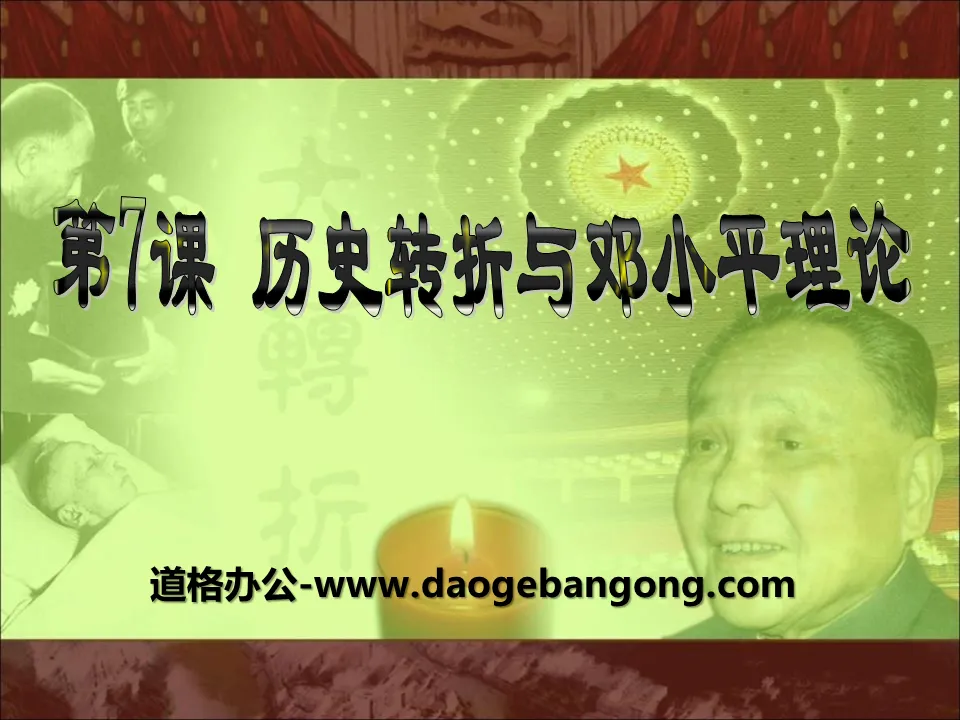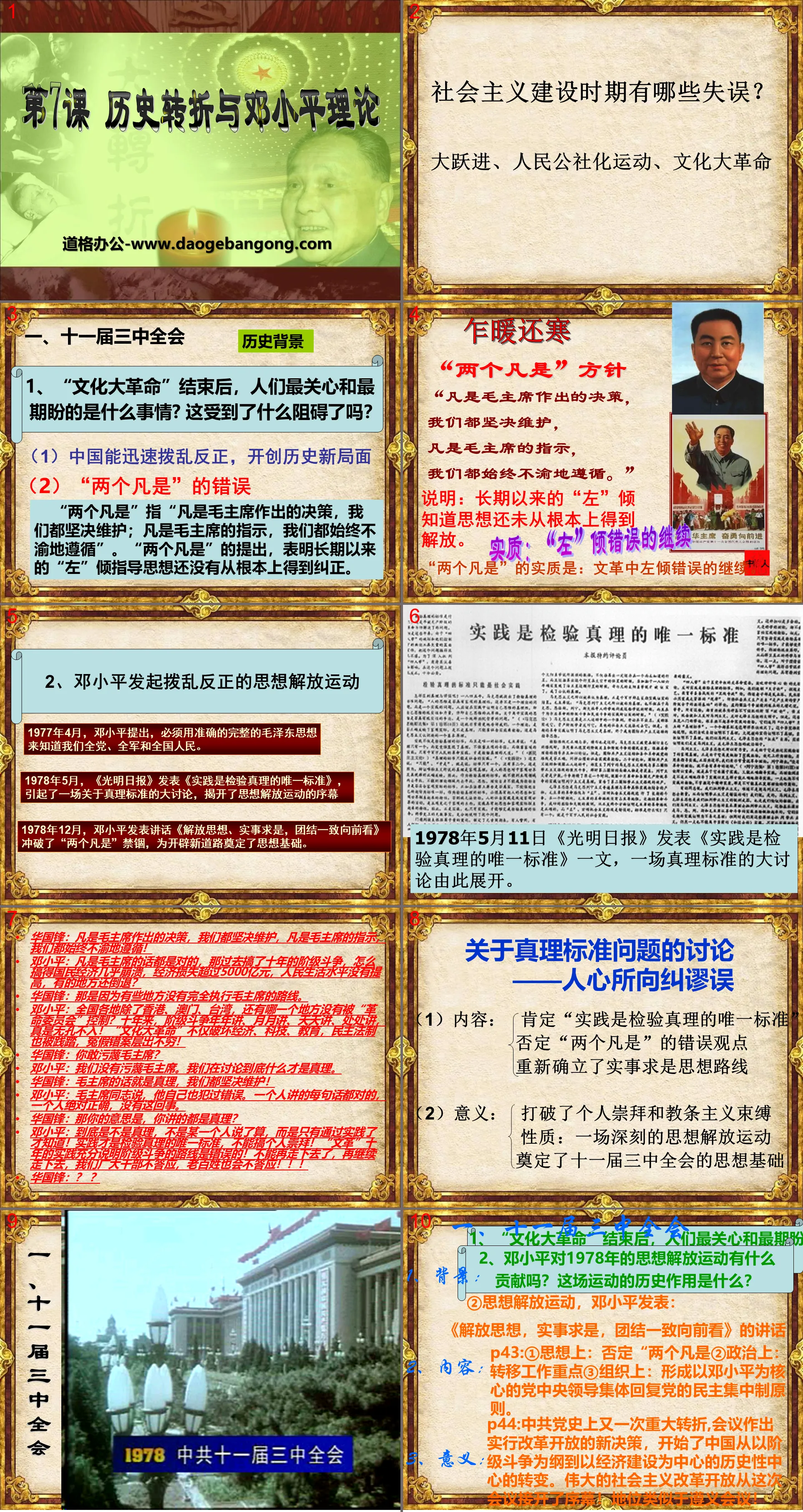The second volume of history for eighth grade compiled by the People's Education Publishing House
Zhonghua Book Company Edition Eighth Grade History Volume 2
People's Education Press Seventh Grade History Volume 1
People's Education Edition Eighth Grade History Volume 1
Zhonghua Book Company Edition Seventh Grade History Volume 2
Volume 1 of the seventh grade history compiled by the People's Education Publishing House
Yuelu Edition Seventh Grade History Volume 2
People's Education Edition History and Society 9th Grade Part II
People's Education Press Seventh Grade History Volume 2
People's Education Press History and Society Grade 7
People's Education Edition Eighth Grade History Volume 2
East China Normal University Edition Seventh Grade History Volume 1
People's Education Press Ninth Grade History Volume 2
People's Education Press History and Society Grade 9
People's Education Press History and Society for Grade 8 Volume 1
Yuelu Edition Seventh Grade History Volume 1

| Category | Format | Size |
|---|---|---|
| East China Normal University Edition Eighth Grade History Volume 2 | pptx | 6 MB |
Description
"Historical Turning and Deng Xiaoping Theory" PPT courseware on building socialism with Chinese characteristics
1. The Third Plenary Session of the Eleventh Central Committee of the Communist Party of China
1. After the end of the "Cultural Revolution", what did people care about and look forward to the most? Have there been any obstacles to this?
(1) China can quickly correct chaos and create a new situation in history
(2) The error of "two whatevers"
"Two Whatevers" means "We will resolutely uphold all decisions made by Chairman Mao; we will unswervingly follow all Chairman Mao's instructions." The proposition of the "Two Whatevers" shows that the long-standing "Left" guiding ideology has not been fundamentally corrected.
"Two Whatevers" Policy
"We will resolutely uphold all decisions made by Chairman Mao, and we will unswervingly follow all Chairman Mao's instructions."
Explanation: The long-term "Left" leanings know that their thoughts have not been fundamentally liberated.
The essence of the "Two Whatevers" is: the continuation of the leftist errors during the Cultural Revolution.
2. Deng Xiaoping launched an ideological emancipation movement to bring order out of chaos
In April 1977, Deng Xiaoping proposed that our entire party, army, and people must be informed by the accurate and complete Mao Zedong Thought.
In May 1978, Guangming Daily published "Practice is the Only Criterion for Testing Truth," which triggered a great discussion about the standard of truth and kicked off the ideological emancipation movement.
In December 1978, Deng Xiaoping delivered a speech titled "Emancipate the Mind, Seek Truth from Facts, and Unite as One to Look Ahead", breaking the constraints of the "two whatevers" and laying the ideological foundation for opening up a new path.
Discussion on the issue of standards of truth - correction of fallacies based on the will of the human heart
(1) Content: Affirmation that “Practice is the only criterion for testing truth”
Deny the erroneous view of "two whatevers"
Reestablished the ideological line of seeking truth from facts
(2) Significance: Breaking the shackles of personality worship and dogmatism
Nature: A profound ideological emancipation movement
laid the ideological foundation for the Third Plenary Session of the Eleventh Central Committee
2. Great turning point: The Third Plenary Session of the Eleventh Central Committee of the Communist Party of China
background
Ideological basis: discussion on the standard of truth
Guiding ideology: Deng's speech "Emancipate the mind, seek truth from facts, unite as one and look forward"
time and place
1978.12. The Third Plenary Session of the Eleventh Central Committee of the Communist Party of China was held in Beijing
important decisions
⑴Ideologically: Negate the policy of "two whatevers" and re-establish the guiding ideology of emancipating the mind and seeking truth from facts.
⑵ Politically: decisively stop using the slogan "taking class struggle as the key link", make the strategic decision to shift the focus of work to socialist modernization, and make new decisions to implement reform and opening up.
⑶Organizationally: A party central leadership collective with Deng Xiaoping as the core was formed, and the party's principle of democratic centralism was restored.
(4) Historical issues: A number of major issues left over from history and the merits and demerits of some important leaders were reviewed and resolved, and a systematic effort to clean up major historical issues and set things right began.
historical meaning
⑴The Third Plenary Session of the Eleventh Central Committee was a great turning point with far-reaching significance in the history of the Communist Party of China since the founding of the People's Republic of China.
⑵ The meeting made a new decision to implement reform and opening up, and began China's historic transformation from "taking class struggle as the key link" to focusing on economic construction.
⑶The great socialist reform and opening up kicked off from this plenary session.
3. The formation of the theory of the primary stage of socialism
1. The 12th National Congress of the Communist Party of China
Significance: Since then, "building socialism with Chinese characteristics" has become a banner for reform, opening up, and modernization. After the 12th National Congress of the Communist Party of China, reform and opening up began nationwide.
important content:
① The struggle program for comprehensively creating a new situation in socialist modernization construction was determined.
②Deng Xiaoping clearly stated at the meeting that "we should go our own way and build socialism with Chinese characteristics."
2. The Thirteenth National Congress of the Communist Party of China
main content
The theory of the primary stage of socialism
The basic line of “one center, two basic points”
For the first time, the main contents of the theory of building socialism with Chinese characteristics were systematically summarized.
Theory of the Primary Stage of Socialism
It will take at least 100 years for our country to basically complete the socialist transformation of private ownership of the means of production in the 1950s (20th century) and to basically realize socialist modernization, which are both in the primary stage of socialism.
The Party’s basic line in the primary stage of socialism:
Lead and unite the people of all ethnic groups across the country to focus on economic construction, adhere to the four basic principles, adhere to reform and opening up, be self-reliant, and work hard to build our country into a prosperous, democratic, and civilized modern socialist country.
It is usually summarized as "one center, two basic points".
Three-step strategic plan for China’s modernization drive
The first step is to double the GDP of 1980 and solve the people's problem of food and clothing;
The second step, by the end of the 20th century, is for the gross national product to double again and people’s lives to reach a moderately prosperous level;
The third step is that by the middle of the 21st century, the per capita GDP will reach the level of moderately developed countries, people will live relatively prosperously, and modernization will be basically achieved.
3. Southern Talk
background
In the late 1980s and early 1990s, faced with complex situations, some people lacked confidence in the future of socialism, raised questions about reform and opening up, and wavered in the party's basic line.
Time Early 1992
meaning
Deng Xiaoping visited southern cities such as Wuchang, Shenzhen, Zhuhai and Shanghai and delivered important speeches, collectively known as the "Southern Speech".
content
Deng Xiaoping emphasized: "The basic line must be maintained for a hundred years and cannot be shaken." "More planning or more market is not the essential difference between socialism and capitalism. A planned economy is not the same as socialism, capitalism also has a plan; a market economy does not Just like capitalism, socialism also has a market. Planning and the market are both economic means."
significance
It scientifically summarized the basic practice and basic experience since the Third Plenary Session of the 11th Central Committee of the Communist Party of China, and theoretically answered many major cognitive issues that have long troubled and constrained people's thinking. It not only provided important guidance for the reform and development at that time role, and has great and far-reaching significance for the entire socialist modernization drive.
Keywords: Teaching courseware on building socialism with Chinese characteristics, teaching courseware on historical turning points and Deng Xiaoping Theory, download the history PPT courseware for the second volume of the eighth grade edition of East China Normal University, downloading history slide courseware for the eighth grade, downloading PPT courseware on building socialism with Chinese characteristics , Historical Turns and Deng Xiaoping Theory PPT courseware download, .PPT format;
For more information about the PPT courseware "Building Socialism with Chinese Characteristics: Historical Turns and Deng Xiaoping Theory", please click on the "Building Socialism with Chinese Characteristics ppt Historical Turns and Deng Xiaoping Theory" ppt tag.
"Historical Turns and Deng Xiaoping Theory" Building Socialism with Chinese Characteristics PPT Courseware 2:
"Historical Turns and Deng Xiaoping Theory" Building Socialism with Chinese Characteristics PPT Courseware 2 Learning Objectives 1. Knowledge Objectives: Understand the discussion on the standard of truth, the convening, content and historical significance of the Third Plenary Session of the Eleventh Central Committee, and know the Southern Talk. 2. Ability objectives...
File Info
Update Time: 2024-11-22
This template belongs to History courseware East China Normal University Edition Eighth Grade History Volume 2 industry PPT template
"Historical Turning and Deng Xiaoping Theory" PPT courseware on building socialism with Chinese characteristics Simple campus recruitment activity planning plan summary enterprise and institution recruitment publicity lecture PPT template is a general PPT template for business post competition provided by the manuscript PPT, simple campus recruitment activity planning plan summary enterprise and institution recruitment promotion Lecture PPT template, you can edit and modify the text and pictures in the source file by downloading the source file. If you want more exquisite business PPT templates, you can come to grid resource. Doug resource PPT, massive PPT template slide material download, we only make high-quality PPT templates!
Tips: If you open the template and feel that it is not suitable for all your needs, you can search for related content "Historical Turning and Deng Xiaoping Theory" PPT courseware on building socialism with Chinese characteristics is enough.
How to use the Windows system template
Directly decompress the file and use it with office or wps
How to use the Mac system template
Directly decompress the file and use it Office or wps can be used
Related reading
For more detailed PPT-related tutorials and font tutorials, you can view: Click to see
How to create a high-quality technological sense PPT? 4 ways to share the bottom of the box
Notice
Do not download in WeChat, Zhihu, QQ, built-in browsers, please use mobile browsers to download! If you are a mobile phone user, please download it on your computer!
1. The manuscript PPT is only for study and reference, please delete it 24 hours after downloading.
2. If the resource involves your legitimate rights and interests, delete it immediately.
3. Contact information: service@daogebangong.com
"Historical Turning and Deng Xiaoping Theory" PPT courseware on building socialism with Chinese characteristics, due to usage restrictions, it is only for personal study and reference use. For commercial use, please go to the relevant official website for authorization.
(Personal non-commercial use refers to the use of this font to complete the display of personal works, including but not limited to the design of personal papers, resumes, etc.)
Preview










